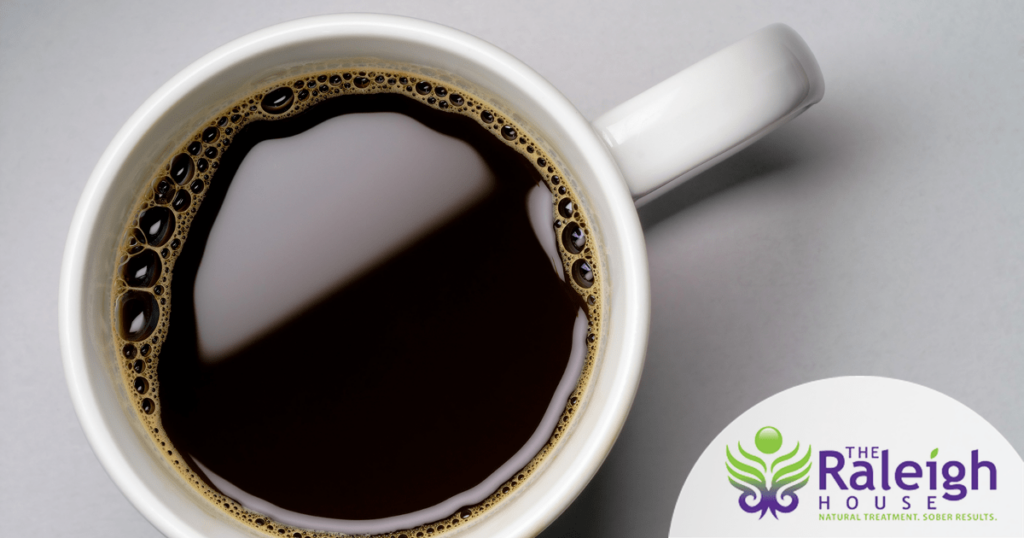
[rt_reading_time label=”Reading Time:” postfix=”minutes”]
Nine out of 10 Americans consume some form of caffeine every day, according to the National Institute on Drug Abuse.
Caffeine use certainly isn’t limited to adults. Nearly 75 percent of kids, teens and young adults use it daily, too.
Is caffeine a drug? It is a drug—a stimulant. And while it’s generally safe for adults in reasonable amounts, the market has been flooded with a slew of products designed specifically to increase energy.
What All Has Caffeine?
Plain old coffee has between 95 and 165 milligrams of caffeine per 8 ounces.
Healthy adults can safely consume about 400 milligrams of caffeine a day, which equals three to four cups.
Tea, in comparison, has between 2 and 50 milligrams of caffeine. Cola has between 24 and 46 milligrams of caffeine. Milk chocolate contains between 3 and 6 milligrams per ounce, while dark chocolate can contain up to 20 milligrams per ounce.
So far so good, right? All of the items just mentioned contain reasonable amounts of caffeine.
Energy Drinks and Caffeine Pills
Energy drinks are now a $3 billion industry, according to the Beverage Marketing Corp. And it’s largely targeted at teenagers and young adults.
The problem is that energy drinks and caffeine pills can contain between 100 and 300-plus milligrams of caffeine.
The American Academy of Pediatrics recommends that adolescents drink no more than 100 milligrams of caffeine per day and makes its clear that “stimulant-containing energy drinks have no place in the diets of children and adolescents.”
But what about adults? Is it safe for them to consume over the recommended 400 milligrams of caffeine a day? Are people better off without caffeine altogether?
In parts 2, 3 and 4 of our series, we’ll explore the effects of caffeine on the mind and body and also take a look at the link between caffeine and addiction, including how caffeine might effect those in recovery. Finally, we’ll take a look at alternatives to caffeinated beverages.
Hope and Healing at The Raleigh House
While many simply wonder if caffeine is a drug, the fact is that one can become addicted to it. And addiction can take so much away from a person—and their family. Rehab offers the chance to get it all back—and maybe even more. We’d love to help you or your loved one discover the path to a healthy, fulfilling and rewarding life. Fill out our form or contact us today to learn more about the alcohol and drug rehabilitation programs at The Raleigh House.
View Photos Of Our Ranch



